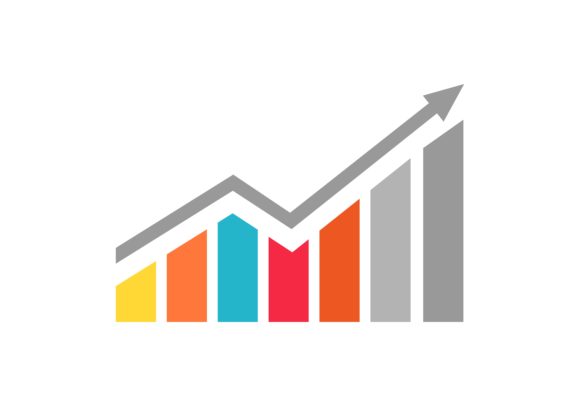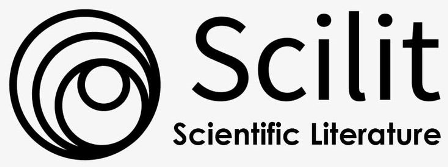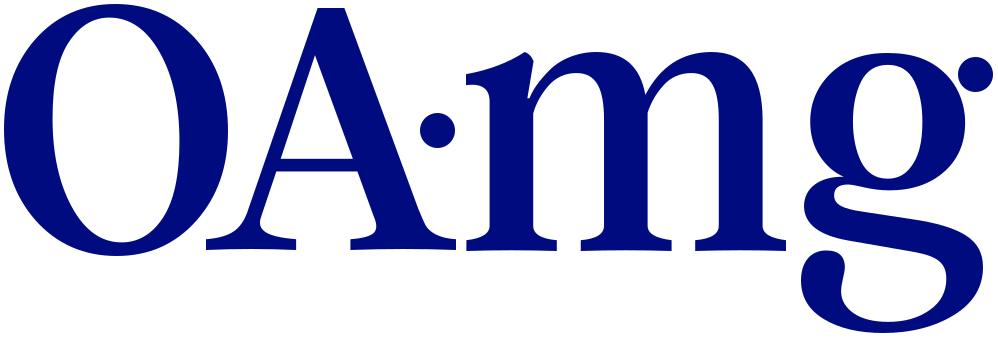About the Journal

Journal of Engineering and Sustainable Development
ISSN (print): 2520-0917
ISSN (online): 2520-0925
Journal of Engineering and Sustainable Development (JEASD) is a peer-reviewed open-access scientific journal published by the College of Engineering, Mustansiriyah University, under the regulations and standards of the Ministry of Higher Education and Scientific Research in Iraq. It aims at disseminating leading-edge knowledge and expertise in multi-disciplinary sustainable engineering topics to researchers, academic scientists, and postgraduate students. A double-blind peer-reviewing system is being used to ensure the publication's quality. In the meantime, the journal commits itself to the regulations of the Committee On Publication Ethics (COPE). JEASD is an open-access journal where all content is free of charge. Users are allowed to read, download, or share the full texts of the articles in this journal without prior permission from the publisher or the author(s). The first issue of the journal was published in 1997 under the title Journal of Engineering and Development. The new title, Journal of Engineering and Sustainable Development, was first commissioned in 2016 (Volume 20, Issue 3). The vision for the future is to make the journal abstracted and indexed by prominent databases and internationally cited, read, and downloaded by scholars. JEASD is published bimonthly, and the issues appear at the beginning of each other month.
Publishing Frequency
Quarterly (from 1997 to 2012)
Bimonthly (from 2013)
Open access
JEASD is committed to open access, and all content is freely and immediately available to all after publication.
Use of the Digital Object Identifier (DOI)
A DOI is guaranteed and not to change, so it can be used as a permanent link to any electronic article. The journal DOI prefix account is 10.31272.
Plagiarism Policy
All manuscripts under review or published with JEASD are subject to screening using Plagiarism Prevention Software Turnitin. Plagiarism is a serious violation of publication ethics. Other violations include duplicate publication, data fabrication and falsification, and improper credit of author contribution. Thus, Plagiarism or Fraudulent or knowingly inaccurate statements constitute unethical behavior and are unacceptable, and submitting the same manuscript to more than one journal concurrently constitutes unethical publishing behavior and is unacceptable. It is necessary to mention that JEASD may ignore a duplicated manuscript of up to 20%.
The development of CrossCheck is a service that helps editors to verify the originality of papers. CrossCheck is powered by the Turnitin software. For a searchable list of all journals in the CrossCheck database, please visit https://www.turnitin.com/
All new submissions to JEASD are screened using https://www.turnitin.com/. Editorial board members may also choose to run a similarity report at any other point during the review process or post-publication. The default similarity report view gives the percentage of the text of the manuscript that has overlap with one or more published articles. Figures and equations cannot be checked at present. Note that a high similarity score does not necessarily indicate plagiarized text. A similarity score of 30% could mean 30% text in common with one source, but could equally mean 1% text in common with 30 different sources. Re-used text that has been legitimately cited in the Bibliography may contribute to the similarity score. It is necessary to mention that JEASD may ignore a duplicated manuscript of up to a 20% similarity ratio, including the AI usage. It is the responsibility of the author(s) to ensure that the similarity index is within the 20% limit till the publication of the article. In the meantime, the AI index must be less than 5%. The subject knowledge of an editorial expert is vital to interpret the CrossCheck report and determine whether there are any grounds for concern.
Digital Archiving
JEASD has electronic backup and preservation of access to the content of the journal via the archive system CLOCKSS. It offers decentralized and distributed preservation, seamless perpetual access, and preservation of the authentic original version of the content. In addition, all the journal’s published articles are now accessible through the journal’s page on the repository: https://iasj.net/iasj/journal/99
Backup
JEASD implements an additional backup policy to protect against data loss.
On-site Backup: The on-site full server backups provide disaster recovery options to help protect against data loss or corruption. On-site backups are run daily by the host and retained for 7 days by default. The backup is performed on the main hosting server, Hetzner, and on the substitute hosting server OVH.
Remote Backup: JEASD ensures 7-day backups of the OJS database and daily backups of the cPanel for disaster recovery.
















